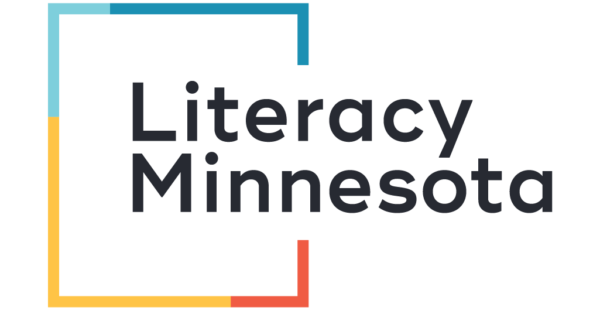Resources
Results
Guide for Advising Students with Foreign Degrees and Credentials
Diversity, Equity, Inclusion, and Accessibility in Adult Foundational Education
Contextualizing Adult Education: Learning from Six Decades of Experience and Research
Promising Practices for IET Pathways to PSE
FAQs: ACP, IET and Workplace Literacy
FAQs: Distance Learning
Minnesota State Requirements for GED®
Minnesota State Requirements for HiSET®
Accommodations for GED Testing
HiSET® FAQs
Tools for Building Employer-Educator Partnerships
What is Critical Race Theory?
Culturally Responsive and Sustaining Teaching in Adult ESOL
MN STAR/EBRI Teacher-Recommended Vocabulary Resources
MN STAR/EBRI Teacher-Recommended Fluency Resources
MN STAR/EBRI Teacher-Recommended Comprehension Resources
MN STAR/EBRI Teacher-Recommended Print and Online Resources
New Resources
Tapping into Diverse Perspectives and Teaching Materials
Being a Warm Demander
Discovering Learners’ Funds of Knowledge
Presenter Information
Get information about stipends, reimbursements, and other instructions for presenters.
MN ABE YouTube Channel
The MN ABE YouTube Channel is a free online PD resource that you can use to explore teaching techniques and classroom ideas in action! Find out more in this MN ABE Connect newsletter article.
Upcoming ABE Events
Racial Equity 101 Presented by Jimmie Heags
Registration Deadline: TUE. 8/6/24 Join presenter Jimmie Heags, Jr., MA, LSC, LPCC, LADC, ACS, for this session that exposes how race is defined and how racism impacts individuals and institutions. The session will provide learners with a framework for understanding and disrupting the attitudes and structures that perpetuate… Learn More
Volunteer Core Training Module 1: Overview of Minnesota Adult Education and Program Accountability
Registration Deadline: TUE. 8/6/24 Participants learn about Adult Basic Education programming in Minnesota, demographics of learners, instructional content standards as well as initial and on-going assessment. This session wraps up with learner motivations, barriers and persistence. Learn More
Volunteer Core Training Module 2: Understanding Adult Learners
Registration Deadline: TUE. 8/13/24 Participants develop their personal cultural awareness and learn how expectations around school culture shape how people teach and learn. Guiding principles for effectively delivering instruction to adults are also covered. Finally, participants increase their sensitivity to the challenges of learning English and developing literacy… Learn More
